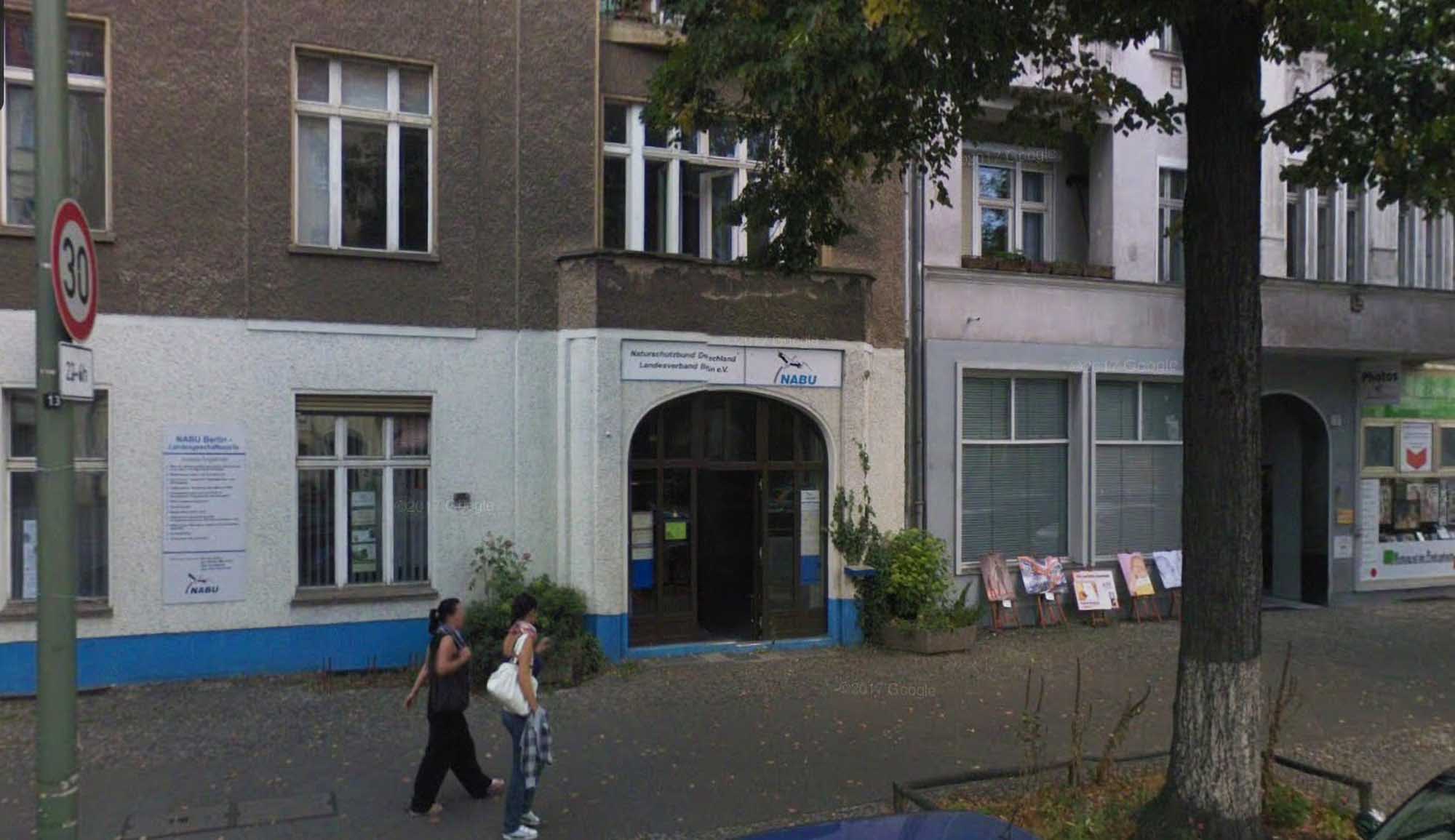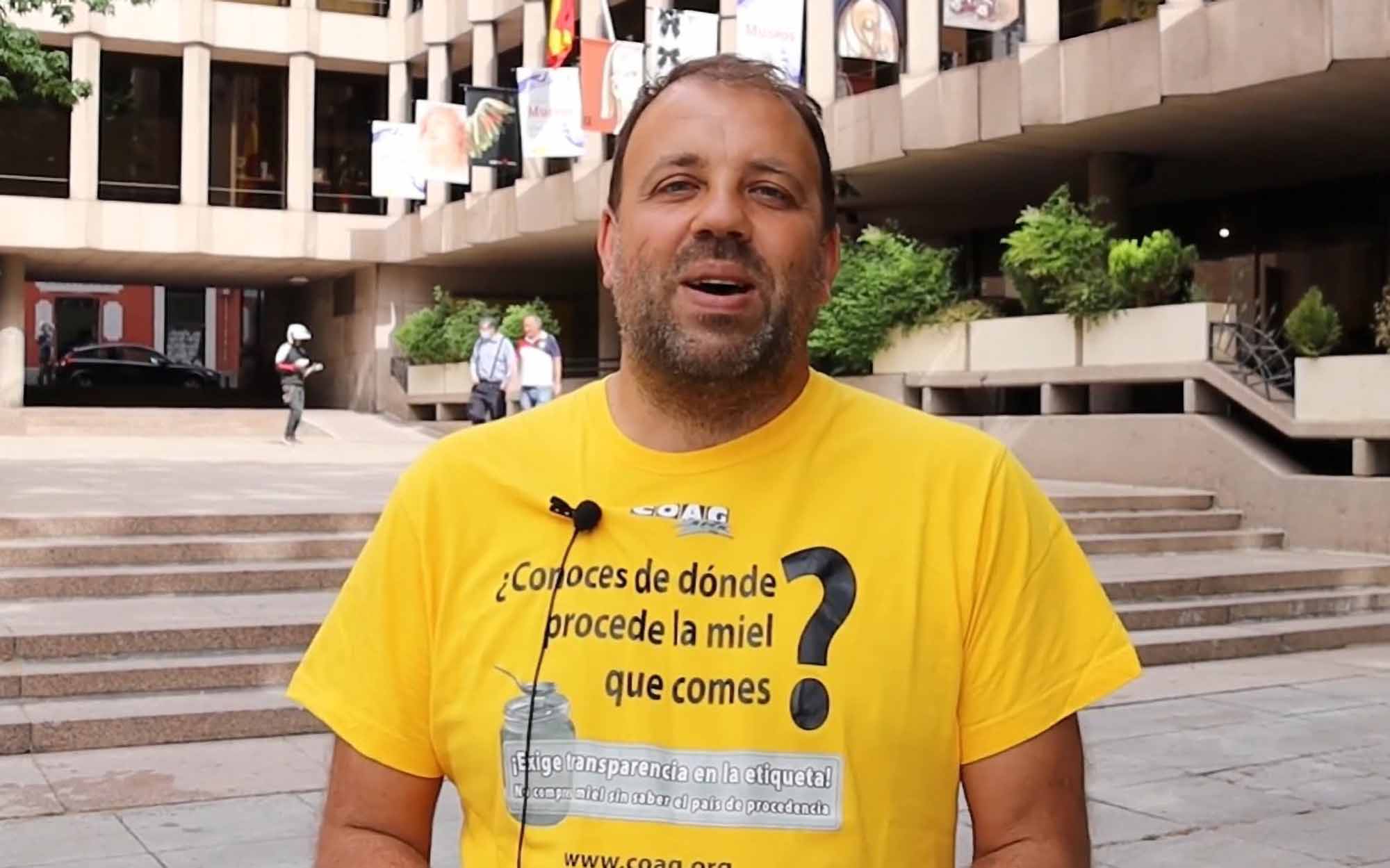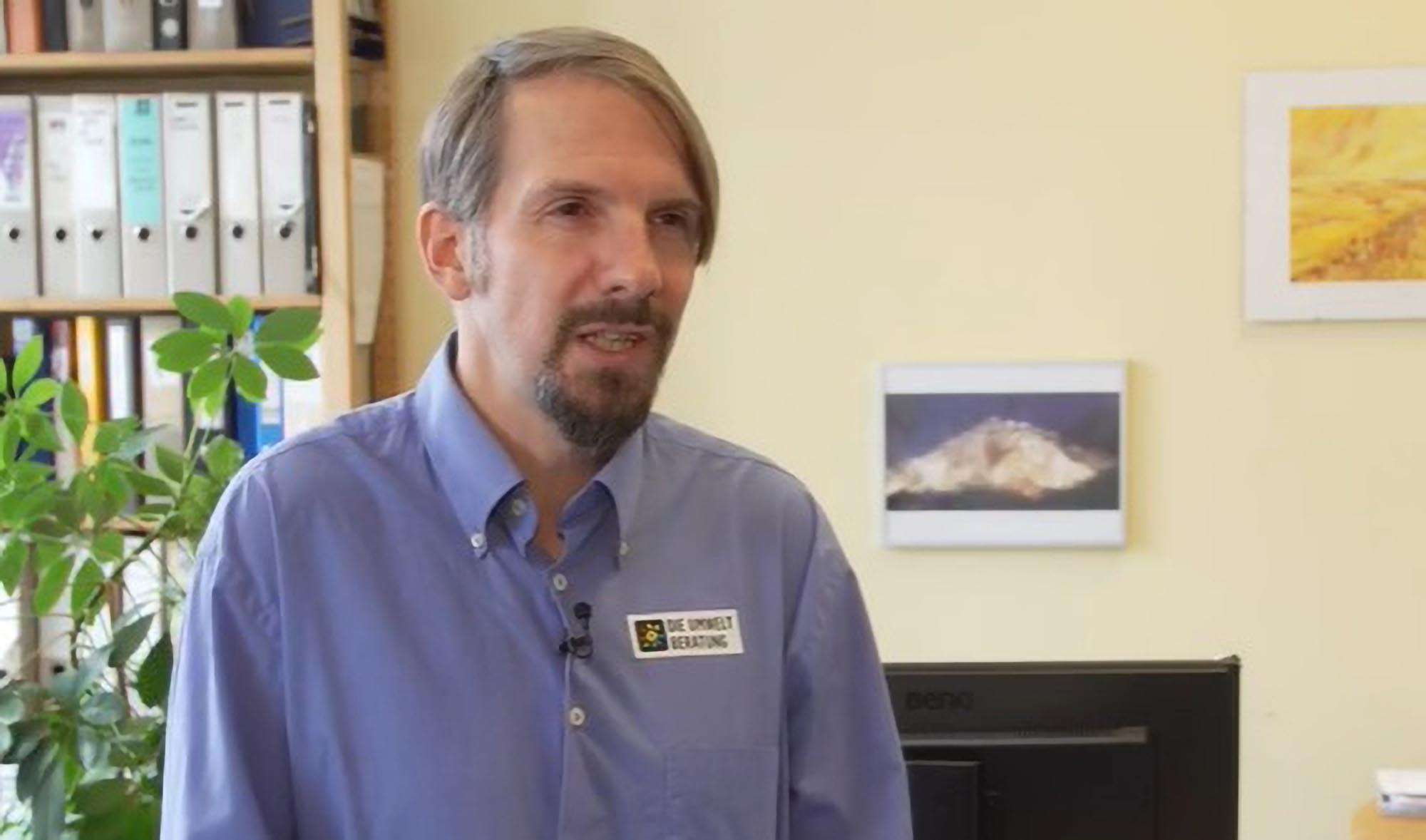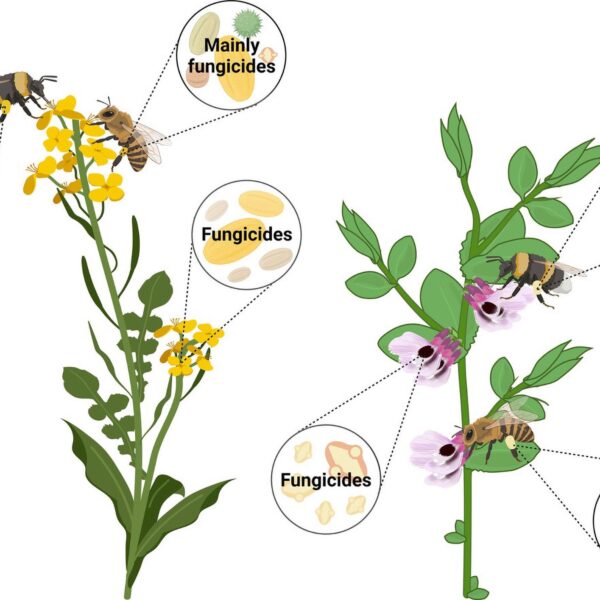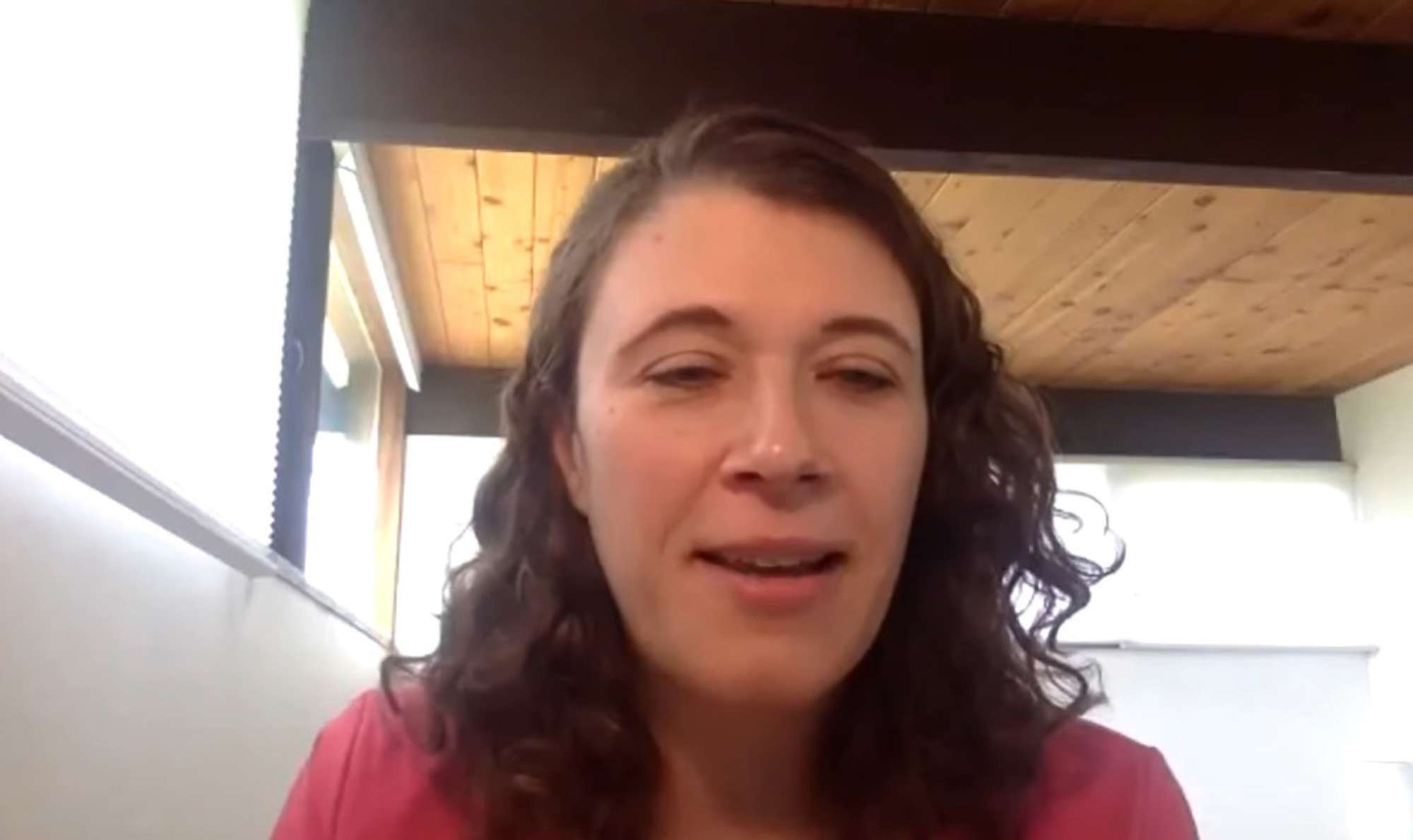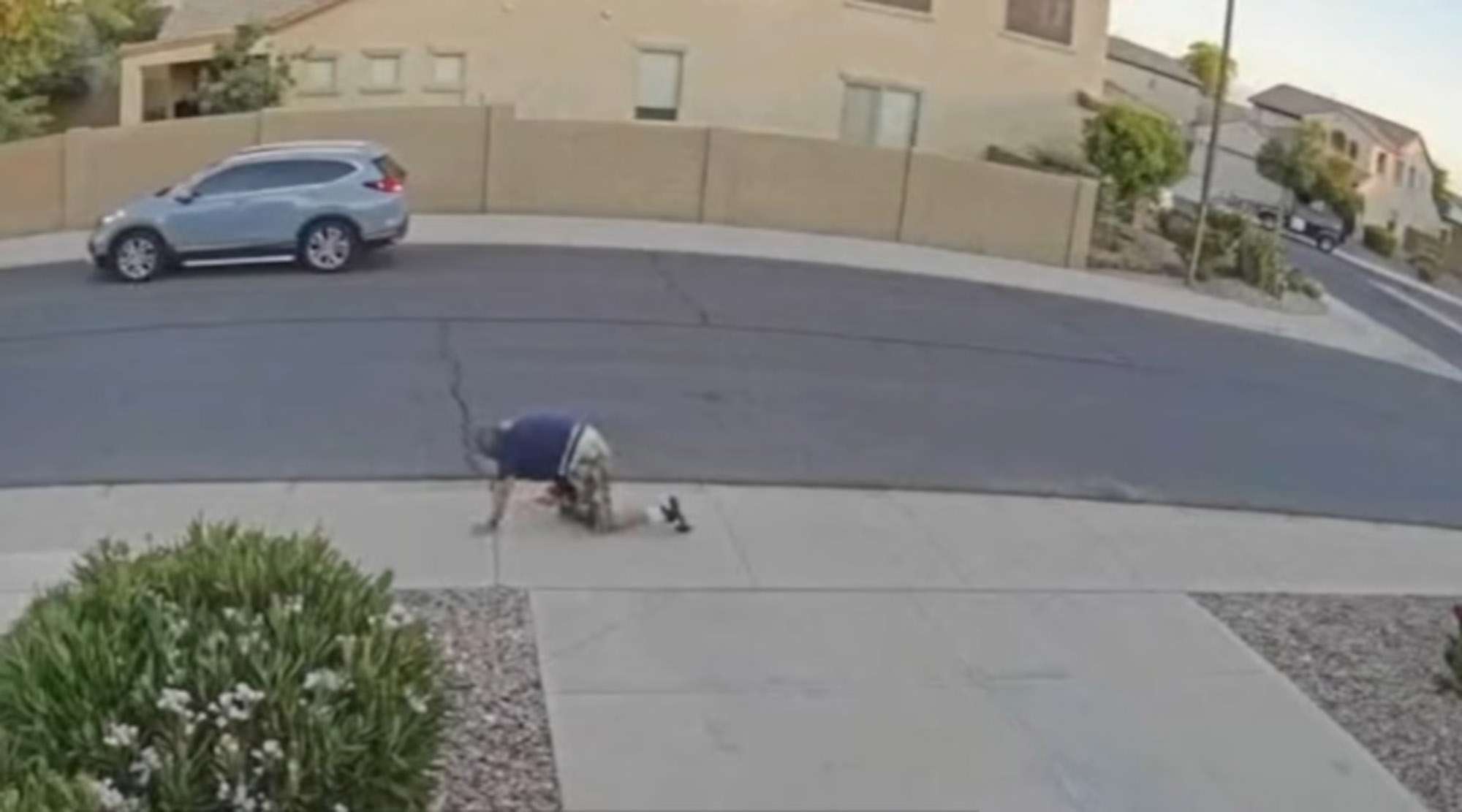Environmentalists in Berlin have urged councillors to improve the situation of insects by stopping the sealing of the city’s numerous fallow grounds.
More than 70 per cent of the overall area of the federal capital of Germany – which has more than 3.8 million inhabitants – is covered by buildings or roads, according to the local department of environmentalist organisation NABU.
Referring to the fact that many of them are covered with litter, NABU Berlin official Janna Einöder admitted: “They are anything but picturesque.”
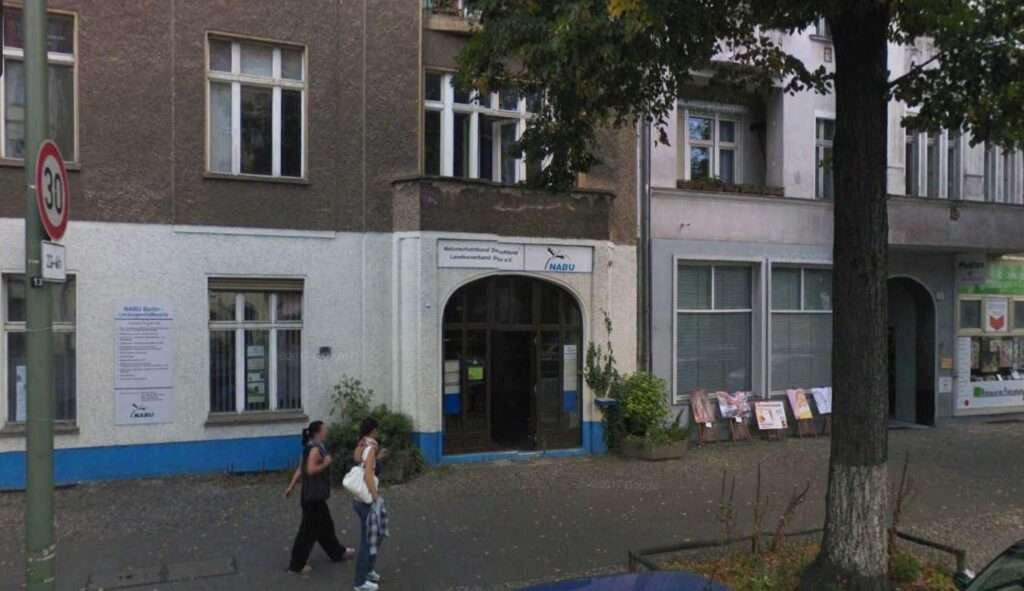
Nevertheless, she said the city council should try to establish a workable solution to ensure their existence.
Janna argued: “These allegedly useless premises are incredibly important for many animals and plants.”
She explained: “Rare solitary bee species such as certain kinds of sweat bees feel very comfortable on wastelands. They find ideal opportunities to nest there.”
The NABU Berlin campaigner named the Südgelände park – a former railway facility in Schöneberg district – as a great example of how flora, fauna and humans can benefit from the naturalisation of an industrial area.
Janna concluded: “Leaving substantial areas untouched is the only way to ensure species richness. Protecting wildlife on large premises is essential. However, comparably small sites are indispensable as well.”

